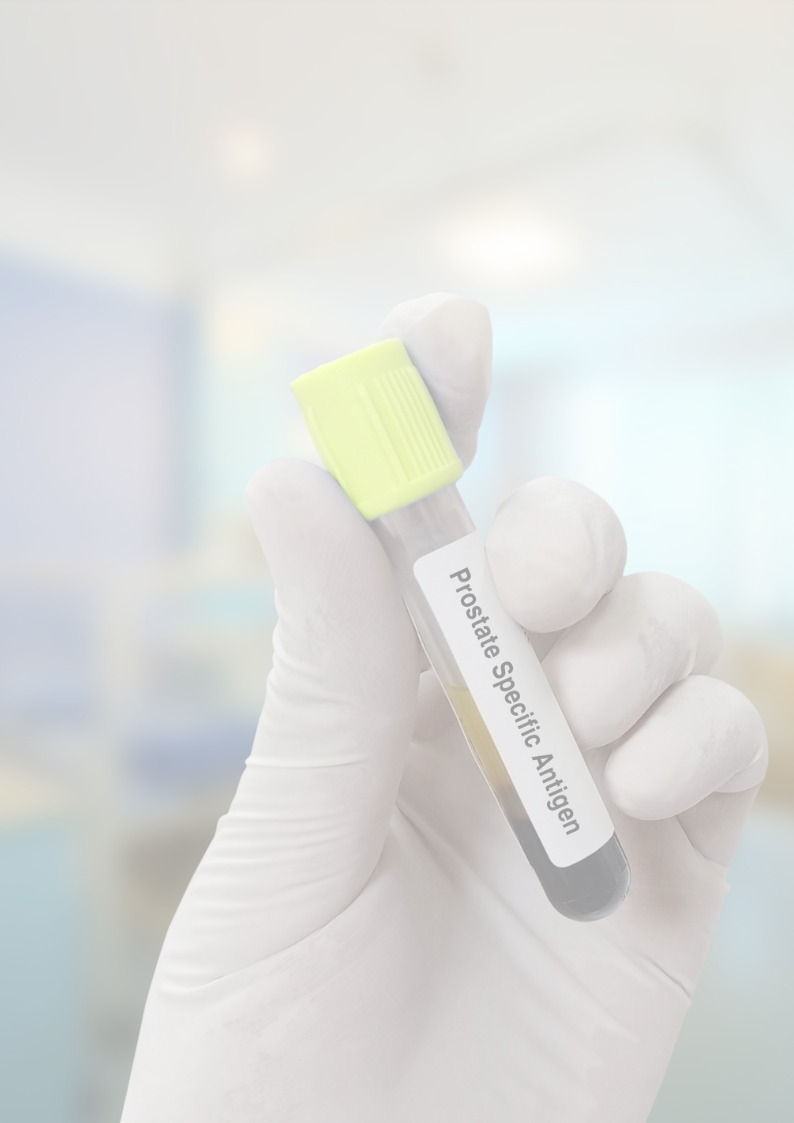
INFORMATION IS POWER.
The Basics: What is Prostate Cancer?
Helpful links:
MEDICAL INFORMATION:
Prostate Cancer Early Detection, NCCN clinical practice guidelines in oncology – Prostate Cancer Early Detection
PATIENT WEBINAR Free patient webinar for those with prostate cancer, their caregivers, and their families.
Experts provide an overview of early stage prostate cancer and tests, treatment options, shared decision-making, and more.
Prostate Cancer Prevention Trial Risk Calculator
The results of the PCPTRC may not apply to different groups of individuals. As about 80% of men had a prostate biopsy with six cores, if more than six cores are obtained at biopsy, a greater risk of cancer may be expected. Most men in this study were white and results may be different with other ethnicities or races. The calculator is in principle only applicable to men under the following restrictions:
Age 55 or older
No previous diagnosis of prostate cancer
DRE and PSA results less than 1 year old
The PCPTRC is applicable for men who are undergoing prostate cancer screening with PSA and DRE as it was derived from a group of men in the PCPT who underwent annual PSA and DRE screening. The risk estimate from the calculator does not reflect an endorsement of either PSA or DRE for screening for prostate cancer. This calculator is designed to provide a preliminary assessment of risk of prostate cancer if a prostate biopsy is performed. Additional clinical information may modify this risk. No specific level of risk is recommended for prostate biopsy and this decision should be an individual choice based upon a physician-patient relationship.

PSA
PSA Testing for Prostate Cancer:
PSA testing measures a protein called prostate-specific antigen in the blood to check for prostate problems, including cancer. High PSA levels can mean cancer but may also be due to harmless conditions like prostatitis or an enlarged prostate. This test helps find prostate cancer early, often before symptoms start, so treatment can begin sooner. Men should talk with their doctor about the pros and cons of PSA testing to decide what’s best for them. A high PSA does not always mean cancer—it’s just a tool to guide next steps. Getting tested is important to stay informed about your health.
-
PSA, or prostate-specific antigen, is a protein produced by both normal and cancerous cells in the prostate gland. It is typically found in semen but can also be detected in the blood. A PSA test is a simple blood test that measures the level of this antigen in the blood, providing valuable information about the health of the prostate.
-
PSA Testing for Prostate Cancer:
The PSA blood test is currently the best tool we have for catching prostate cancer early, when it's most treatable. A higher than average result does not mean an automatic cancer diagnosis. It is simply a test to give you information and a tool to be your own advocate.
Get your PSA level tested.
-
Your PSA number serves as a crucial indicator of potential prostate issues. an elevated PSA number doesn’t mean you have prostate cancer. Elevated PSA levels may signal other issues. Regular monitoring allows for a baseline to be established. All prostate conditions can have negative effects and detecting any health issue early is beneficial, but early detection of prostate cancer is critically important to a positive outcome.
